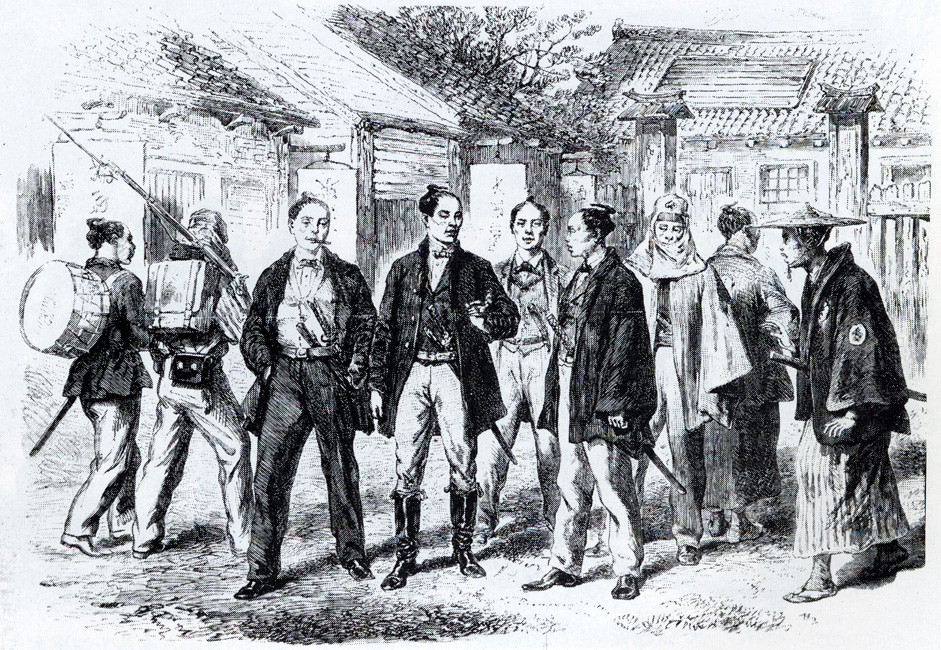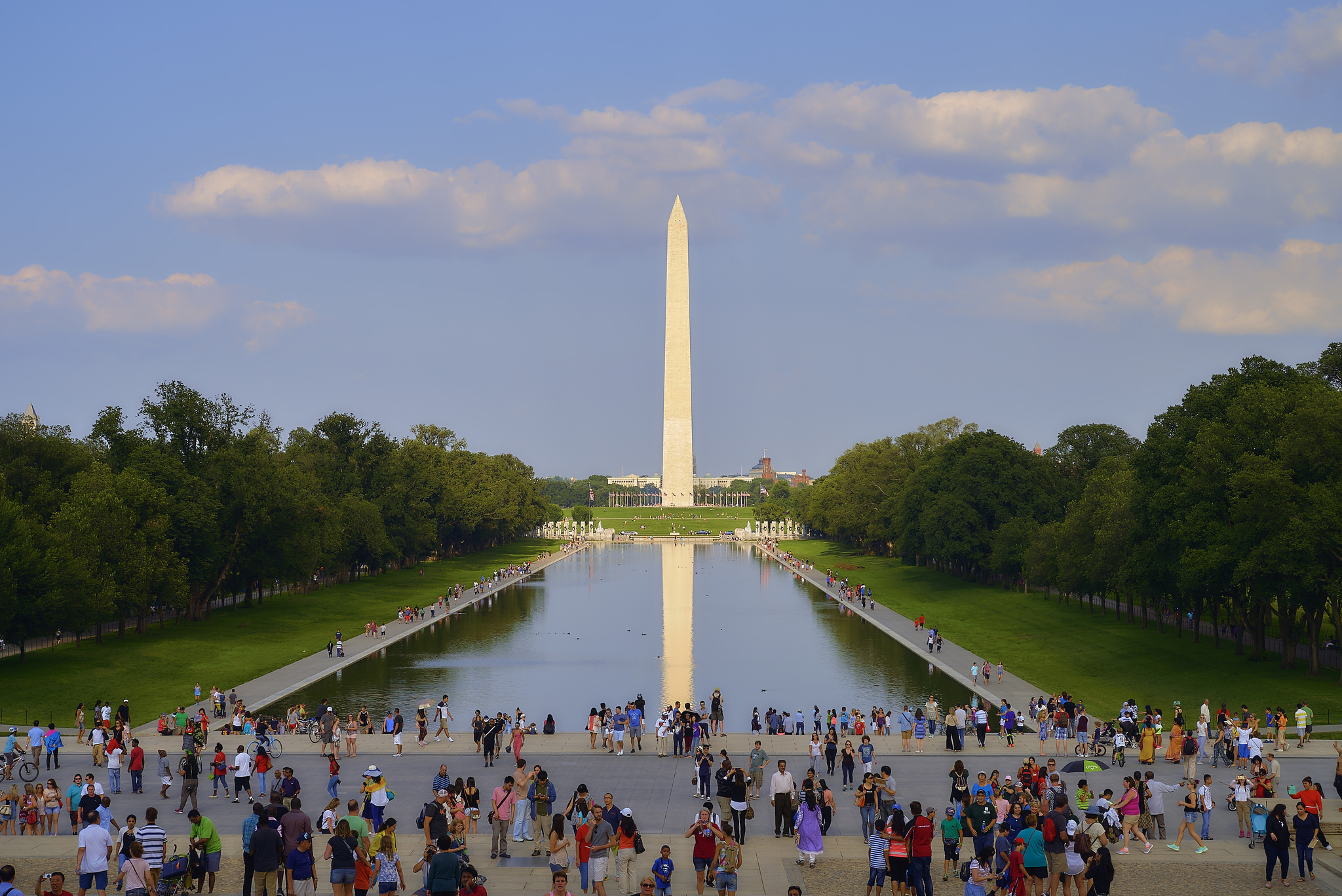
Was Seymour Hersh right that the US government lied about how the Bin Laden raid went down? But more than that, are journalists, and broader society, too trusting of the Obama administration’s narrative on counterterrorism? A fascinating take on how we (mis)understand government bureaucracy.
IRIN News has an excellent feature profiling some of the world’s “forgotten conflicts” in a slick multimedia format.
Larry Cohler-Essas was recently the first journalist from a Jewish, pro-Israel publication to be granted a journalist’s visa in Iran since 1979. What he found was a much more nuanced portrait of the country than the fundamentalist caricature often proffered by hawks.
In parts of West Africa, it is socially acceptable and fairly common for adolescents to work away from home. The introduction of the concept of “human trafficking”, while punishing real abuses, has also targeted those involved in nothing nefarious.
For years, the Vatican has been a tax haven, and the scale of corruption was enormous. Pope Francis is trying to change that.
Increasingly, migrants crossing the Mediterranean are reporting being attacked by masked, armed men demanding they hand over their belongings.
The Sinaloa Cartel builds some absurdly impressive tunnels to traffic drugs. This is how they do it.
Anything Idriss Deby says should be taken with a grain of salt, but he claims Boko Haram has a new leader open to dialogue with the Nigerian government. It might be true, but there are still a lot of mitigating factors to reaching a peaceful accord.






3 comments
Reblogged this on O LADO ESCURO DA LUA.
I can’t say that I’m impressed with the n+1 piece on Seymour Hersh. It may prove to be correct in the end, but it doesn’t offer much of a foundation for its argument. It keeps implying that inconsistencies and changing stories are evidence of conspiracy. If that’s true, then every breaking story in the news is a conspiracy. (Virtually everything reported in the first 12-24 hours after the Newtown shooting in 2012 was later recanted.) Then it finishes up with: “It is fine to argue about the accuracy of Hersh’s individual claims, but his overarching one — that the White House’s account of the raid was an arrogant, lazy, and self-serving lie in a chain of arrogant, lazy, and self-serving lies — is something that most of us know, on some level, to be true.” Here it seems to be saying that we know this is true because our own interpretation of vague facts corresponds to what we already believed. If that’s true, then virtually every pundit who ever said anything must have been right. It’s little more than a left-wing version of Stephen Colbert’s “truthiness.”